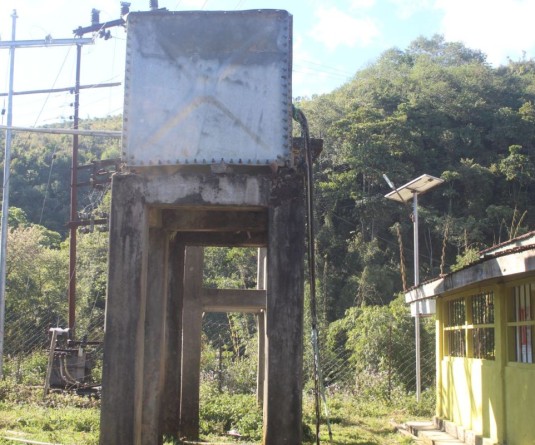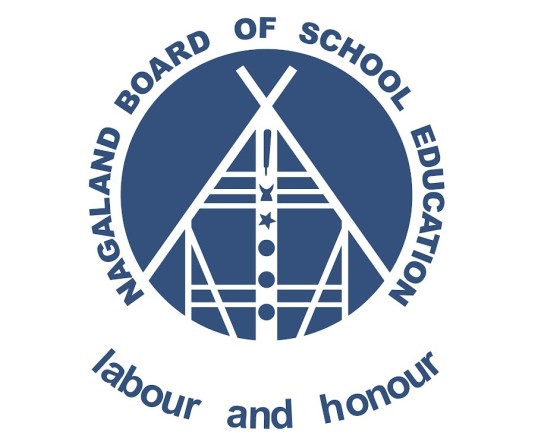
Mokokchung | January 27
In 1989, the Nagaland State Government, under immense pressure from the church and other social organizations, enacted the Nagaland Liquor Total Prohibition Act (NLTPA). Today, more than two decades after the Act was passed, the flow or consumption of alcohol continues in the so-called dry state of Nagaland, which has two paradoxical sobriquets ‘Nagaland for Christ’ and ‘Nagaland: Land of Festivals’.
Twenty-four years since the NLTP Act was enacted, newspapers are flooded with reports of alcohol seizures by state and non-state agencies. Regardless of these seizures alcohol remains easily available in the market. Intellectuals have debated whether or not to lift Prohibition and, today, the opinions are evenly divided among society on liquor prohibition. However, the church is determined that the NLTP Act remains in effect, and more importantly, is enforced as a state law.
The church aims to strengthen the existing Act so that liquor would be completely eliminated from Nagaland. This year, 2014, the church has reported a string of programmes focused on the reality of making Nagaland a dry state. The first activity is a seminar on the topic ‘Clean Election and Liquor Prohibition’ scheduled for January 28 and will be conducted by various church organizations affiliated with the Nagaland Baptist Church Council (NBCC).
The Ao Baptist Church Council (ABAM) is planning to hold a mammoth ‘Social Concern Consultation Programme’ at its Mission Centre at Impur on the theme ‘Transformation in Christ’. Through newspaper advertisements, the ABAM has invited representatives from the church – pastors, associate pastor women, youth directors, social concern committee members – village council members, women organizations, students unions, the Ao Senden, Ao Students’ Conference and Watsu Mungdang. More than 500 participants are expected to attend the programme.
The ABAM has also brought in the Commissioner of Excise, Maongwati Aier, as the resource person to speak on the Prohibition issue on January 28, while Advocate Namo Benja will speak on the topic of a clean election from a legal point of view. Maongwati Aier, as the Excise Commissioner, has been instrumental in revamping and modernizing the Excise Department in the State.
ABAM Women Department Secretary, Temsula Lemtur disclosed that “the ABAM is planning to carry out an elaborate and systematic programme against Liquor Prohibition in the district.” Notably, the ABAM had also resolved in 2012 that it will make Mokokchung a dry state in practice within ten years. In order to accomplish this, she also disclosed that the ABAM Social Concern Committee plans to carry out an elaborate year long programme. It will include activities like collecting statistics on alcohol users, distributing pledge forms to drinkers to pledge not to drink anymore, personal counseling at homes, carrying out processions, publicity through the media and putting up signboards in every village with the message against alcohol.
Resolutions are likely to be passed after the January 28 consultative programme. Whether Nagaland remains a dry state in name or in practice will be known after the NBCC called programme on ‘clean election and liquor prohibition’ is conducted.
For better or for worse, twenty four years ineffectively enforcing the Act called NLTP is surely an issue that needs to be re-examined.






